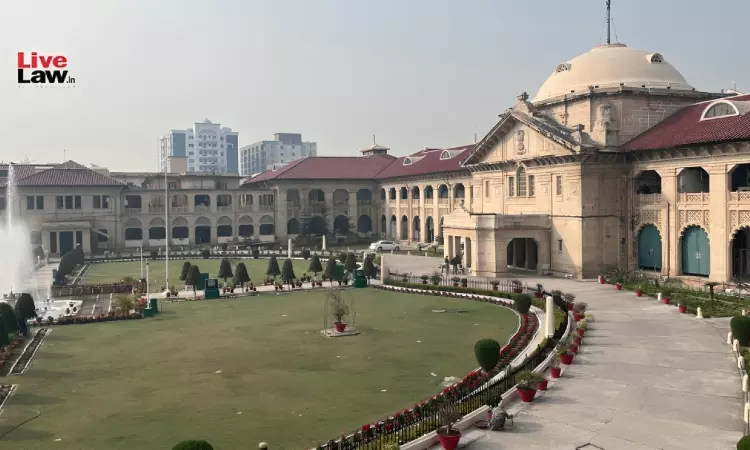Order 47 Rule 1 CPC | Review Permissible When Error Is Apparent On Record Sans Requirement Of Reappraisal Of Entire Evidence: Allahabad HC
Sparsh Upadhyay
12 Nov 2024 1:24 PM IST

Next Story
12 Nov 2024 1:24 PM IST
The Allahabad High Court recently observed that a review is permissible only when an error is apparent on the face of the record without requiring a long-drawn process of reasoning and reappraisal of the entire evidence to find the error, as doing so would amount to exercising appellate jurisdiction. Explaining the scope of Order 47 Rule 1 CPC, a bench of Justice Mahesh Chandra...
